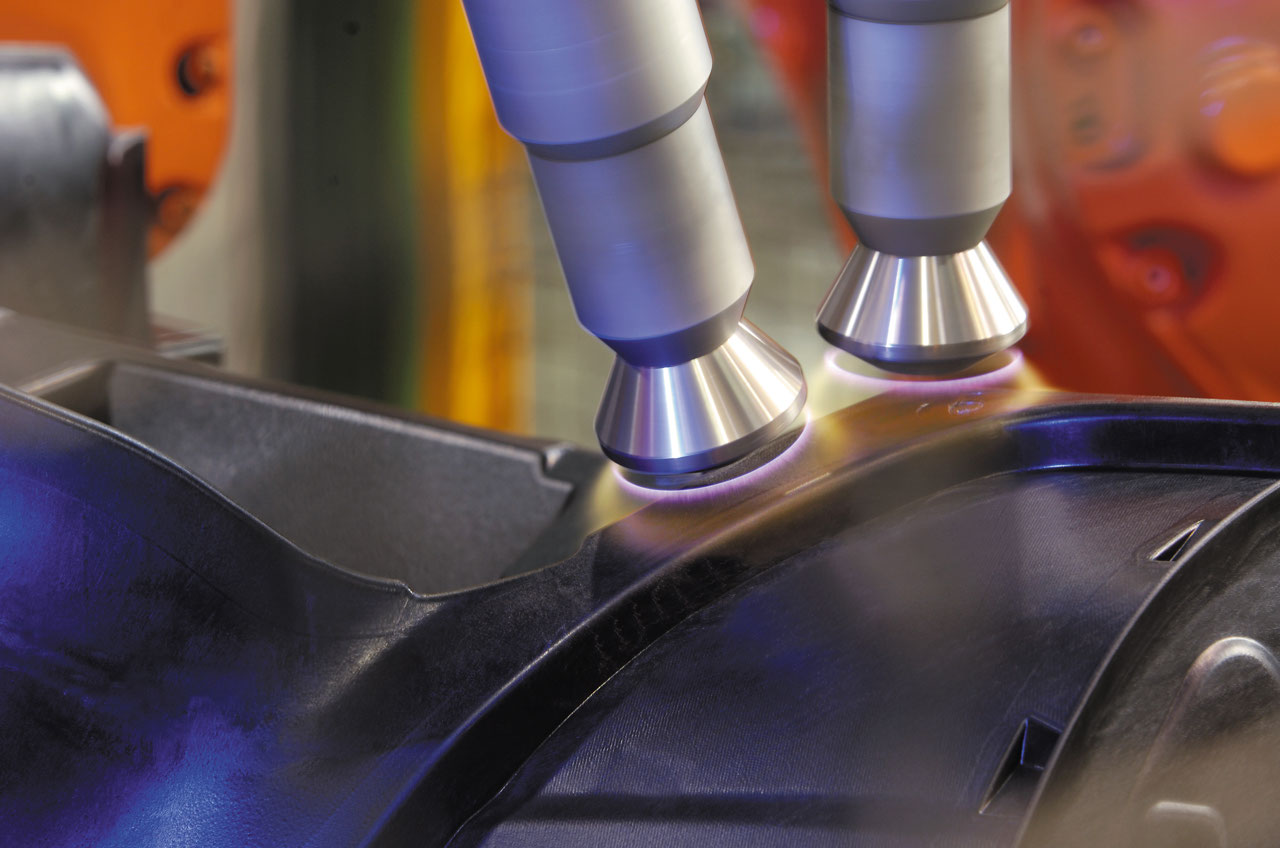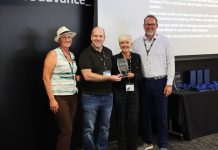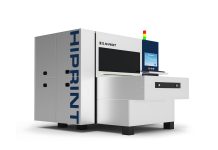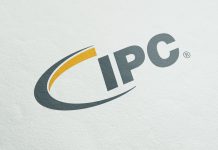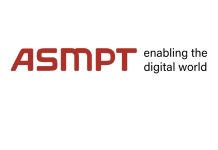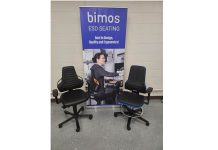At Fakuma, which will take place in Friedrichshafen from October 12-16, 2021, Plasmatreat GmbH from Steinhagen, Germany, will present its systems and solutions for surface treatment with atmospheric pressure plasma. Activation and coating of plastic surfaces prior to subsequent processing operations is the company’s focus at booth 1423 in hall 1.
During treatment with Openair-Plasma, groupings containing oxygen and nitrogen are introduced into the mostly non-polar plastics to increase the surface energy. This activation optimizes the wettability of the surface, thus significantly increasing adhesion and enabling adhesives, paints and coatings to achieve long-term stability. Nanocoatings can be applied to surfaces with the special PlasmaPlus technology. One example of this process is the PT-Bond coating from Plasmatreat, which ensures long-term stable adhesion of sealing systems. PT-Bond is a PlasmaPlus application specifically for the adhesive and sealing technology sector. An organo-silicon compound is added to the plasma as a precursor. The chemical composition varies depending on the material and application. The PT-Bond layer is bi-functional, i.e. it ensures the adhesion-promoting function to both the substrate and the adhesive.
At its booth at Fakuma, the company will be showing various plasma systems and equipment. Visitors can therefore experience surface treatment with plasma live at the trade show. For example, the company will be clearly presenting its InMould-Plasma process for injection molding machines in the plastics industry. With the InMould-Plasma process based on traditional atmospheric pressure plasma technology, activation takes place inside the injection mold itself and is an integral part of multi-component injection molding. This simplifies the manufacturing process and makes it cost-effective. The InMould-Plasma process is ideal for producing industry-relevant, compatible plastic compounds from incompatible hard-soft material combinations using 2-component injection molding. Production in a 2-component injection molding machine with cycle-time-neutral, integrated plasma activation offers cost benefits compared with the separate production of the component parts in two injection molding machines with downstream assembly. Furthermore, it facilitates the use of more affordable standard plastics. This typically relates to combinations based on TPU and PP. However, this process can also be used to bond a wide range of other material combinations, and to significantly increase their adhesive strength.
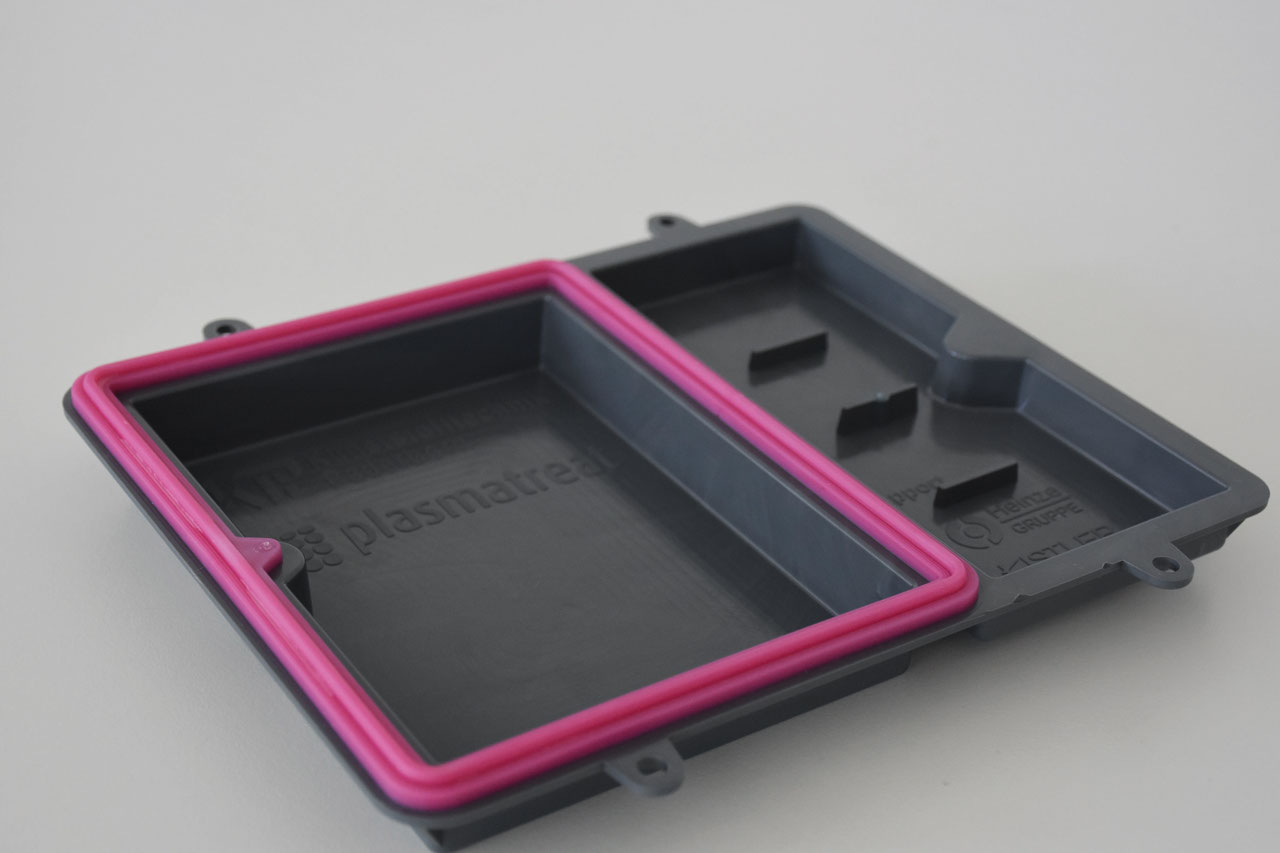
Visitors can see a Plasma Treatment Unit (PTU) with special component transport. In this unit, the nozzles are not moved, as is so often the case, but the various components are transported by 3 XPlanar Movers from Beckhoff Automation at the right time, to the right nozzle for treatment with Openair-Plasma. In Friedrichshafen, an inmold plastic part and a component with electronics are treated in this PTU. An anti-corrosion coating is applied to a third component using the special PlasmaPlus AntiCorr process.
About Plasmatreat
Plasmatreat is an international leader in the development and manufacture of atmospheric plasma systems for the pretreatment of substrate surfaces. Whether plastic, metal, glass or paper – the industrial use of plasma technology modifies the properties of the surface in favor of the process requirements.
Openair-Plasma® technology is used in automated and continuous manufacturing processes in almost every industrial sector. Examples include the automotive, electronics, transportation, packaging, consumer goods and textile industry, but the technology, cost and environmental advantages of the plasma technology are used in medical technology and in the renewable energy sector as well.
The Plasmatreat Group has technology centers in Germany, USA, Canada, China, and Japan. With its worldwide sales and service network, the company is represented in more than 30 countries by subsidiaries and sales partners.
For more information, please visit: plasmatreat.com


